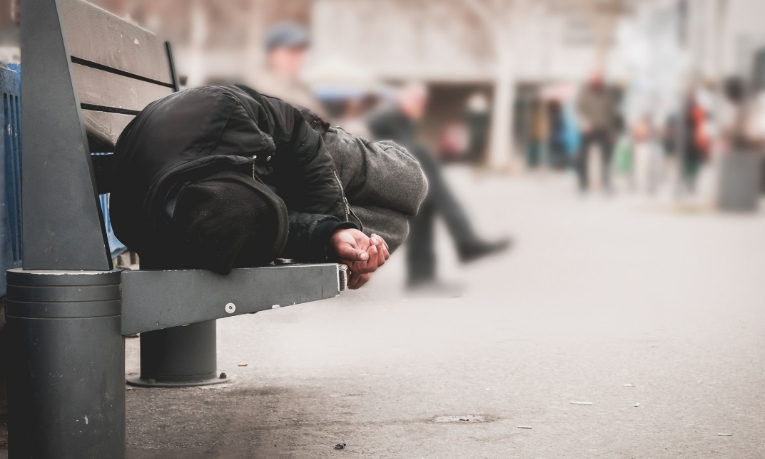Glasgow City Council has formally declared a housing emergency in the city, as the number of people experiencing homelessness and living in temporary accommodation has increased significantly during the Covid-19 pandemic. The council passed a motion on Thursday, calling for urgent action to address the housing crisis and to ensure that everyone has access to safe, secure and affordable housing.
Homelessness figures in Glasgow
According to the latest statistics from the Scottish Government, Glasgow had the highest number of homeless applications in Scotland in 2020-21, with 10,522 applications, an increase of 8% from the previous year. The city also had the highest number of households in temporary accommodation, with 5,887 households as of March 31, 2021, an increase of 24% from the same date in 2020. Of these, 1,271 households included children, an increase of 19% from the previous year.
The council said that the pandemic had exacerbated the existing housing challenges in the city, such as the lack of affordable and social housing, the high demand for homelessness services, the impact of welfare reforms and the rising levels of poverty and inequality. The council also said that the pandemic had created new challenges, such as the increased risk of infection and transmission in shared and overcrowded accommodation, the reduced availability of private rented sector and supported accommodation, and the increased vulnerability of people with complex needs and multiple disadvantages.
Council’s response and demands
The council said that it had taken several measures to respond to the housing emergency, such as increasing the supply of temporary and emergency accommodation, providing enhanced support and advice to homeless people, implementing a rapid rehousing transition plan, and working with partners to prevent homelessness and promote tenancy sustainment. The council also said that it had invested £25 million in the Affordable Housing Supply Programme, which aims to deliver 4,400 new affordable homes by 2023.

However, the council said that these measures were not enough to meet the scale and complexity of the housing crisis, and that more resources and powers were needed from the Scottish and UK governments. The council demanded that the Scottish Government increase the funding for the Affordable Housing Supply Programme, extend the Unsuitable Accommodation Order to all homeless households, and introduce a national rent cap and a fair rents bill. The council also demanded that the UK Government end the benefit cap and the two-child limit, increase the local housing allowance, and scrap the no recourse to public funds policy.
Reaction from campaigners and opposition parties
The declaration of a housing emergency was welcomed by housing campaigners and opposition parties, who said that it was a recognition of the reality and severity of the situation in Glasgow. They also said that it was a call for action and accountability from all levels of government and society.
Graeme Brown, director of Shelter Scotland, said that the declaration was a “historic moment” and a “wake-up call” for the Scottish Government. He said that Glasgow was facing a “humanitarian crisis” and that the Scottish Government had a “moral and legal duty” to ensure that everyone had a safe and suitable home. He also said that the Scottish Government had to increase its investment in social housing and end the use of temporary accommodation.
Annie Wells, Scottish Conservative MSP for Glasgow, said that the declaration was a “damning indictment” of the SNP’s record on housing and homelessness. She said that Glasgow had been “let down” by the SNP for 14 years and that the SNP had failed to deliver enough affordable and social housing, to tackle the root causes of homelessness, and to support the most vulnerable people in the city. She also said that the Scottish Conservatives had a plan to build 60,000 new social homes across Scotland and to reform the housing system.
Paul Sweeney, Scottish Labour MSP for Glasgow, said that the declaration was a “bold and necessary step” and a “catalyst for change”. He said that Glasgow had a “proud history” of fighting for housing rights and that the declaration was a “renewal of that spirit”. He also said that the Scottish Labour had a vision to create a “national housing agency” and to build 120,000 new social and affordable homes across Scotland.


















